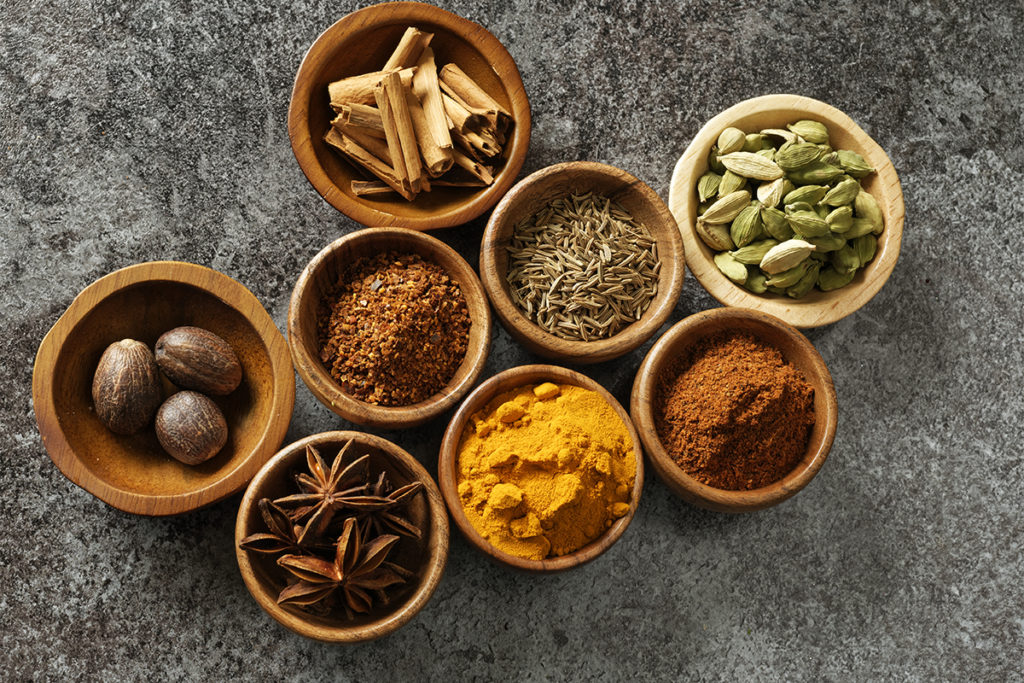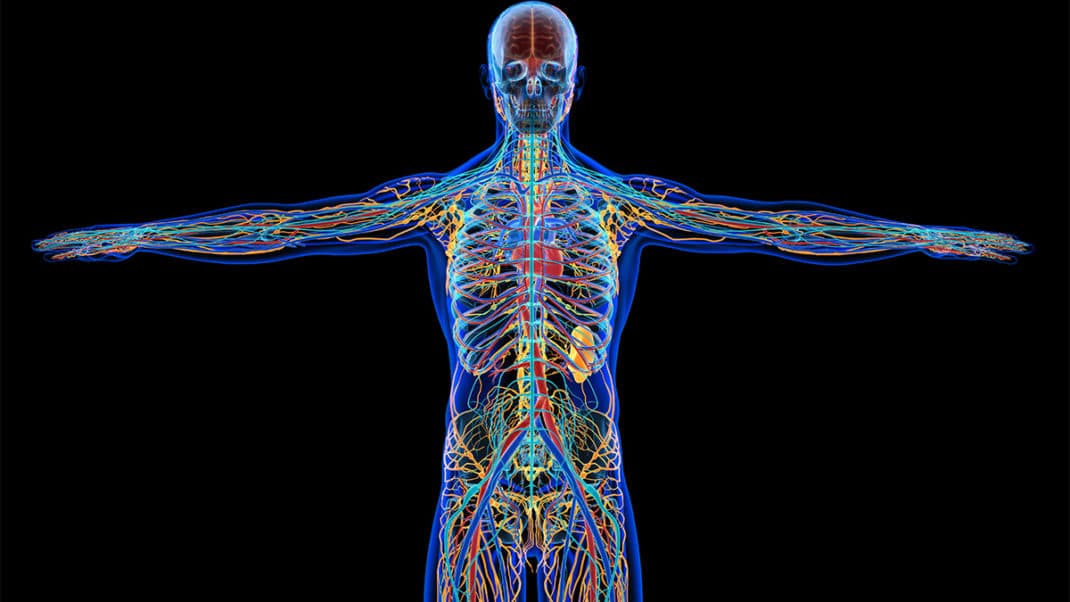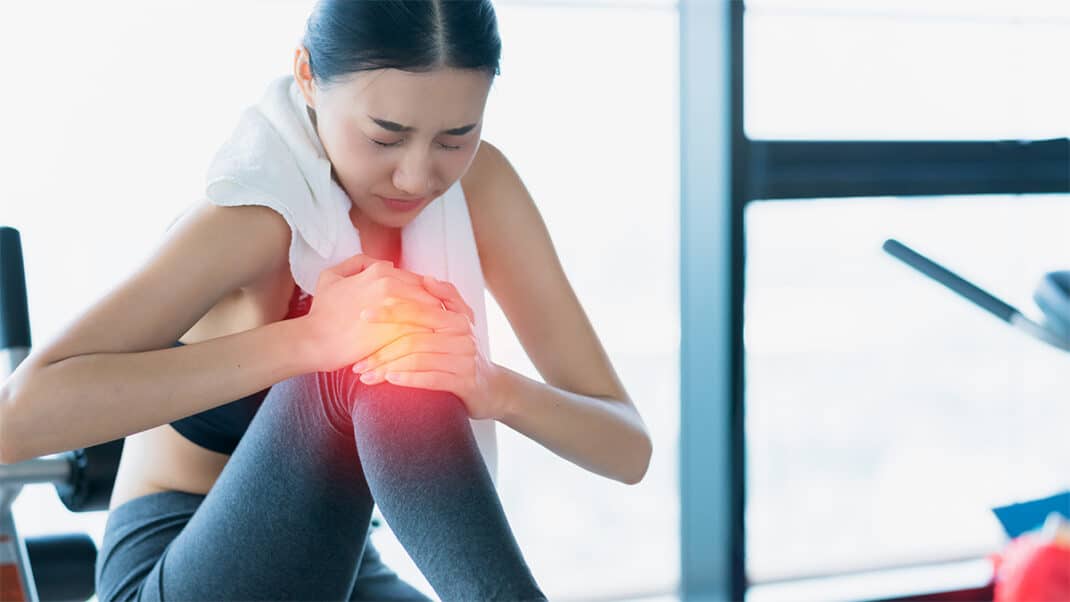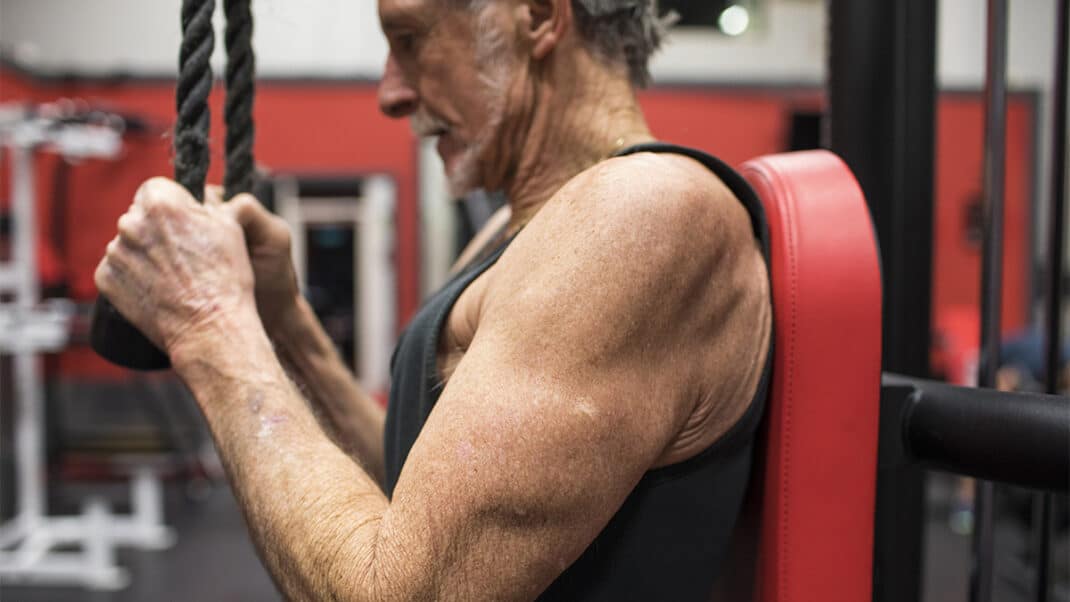Anti-Inflammatory Spices
Bioactive chemicals prove that spice is nice!

Beyond making food more exciting to eat, a recent study in The American Journal of Clinical Nutrition suggests that culinary spices are also anti-inflammatory health-promoting boosters. Researchers assigned 71 adults who were at risk for cardiometabolic diseases like diabetes or heart disease to follow one of three 2,100 calorie diets with varying amounts of spices (low-, medium- and high-dose) for 4 weeks with a 2-week washout period between diet trials.
The team—from Pennsylvania State University—discovered that medium-dose (3.3 grams daily) and high-dose (6.6 g) diets resulted in lower markers of inflammation and improved immune system functioning than when people were following a low-spice (0.5 g) diet.
Anti-inflammatory spices from around the world including turmeric, cinnamon, cumin and cardamom contain various bioactive chemicals that may help keep disease-provoking inflammation at bay. But this is likely only to occur if they are added to nutritious foods. Cinnamon rolls and curry flavored potato chips don’t fit the bill.
See also: Helping Clients Enjoy the Taste and Culture of Food
Matthew Kadey, MS, RD
Matthew Kadey, MS, RD, is a James Beard Award–winning food journalist, dietitian and author of the cookbook Rocket Fuel: Power-Packed Food for Sport + Adventure (VeloPress 2016). He has written for dozens of magazines, including Runner’s World, Men’s Health, Shape, Men’s Fitness and Muscle and Fitness.





